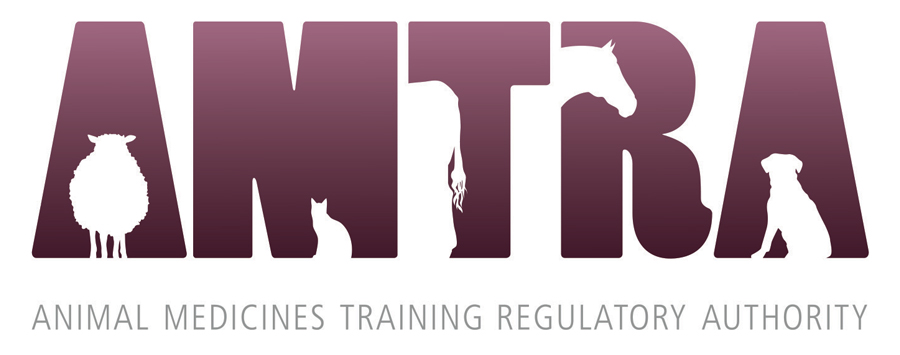AMTRA welcomes important changes to supply and prescription of medicines
7th April 2020
Changes to the way certain animal medicines can be safely prescribed and supplied during the coronavirus crisis, announced this week by the Veterinary Medicines Directorate (VMD), have been welcomed by regulatory body AMTRA (Animal Medicines Training Regulatory Authority).
Changes to the way certain animal medicines can be safely prescribed and supplied during the coronavirus crisis, announced this week by the Veterinary Medicines Directorate (VMD), have been welcomed by regulatory body AMTRA (Animal Medicines Training Regulatory Authority).
Effective immediately, the new enforcement policy addresses the challenges caused by the COVID-19 pandemic. The policy allows registered animal medicines advisors (RAMAs) to remotely prescribe and authorise the supply of animal medicines such as wormers, flukicides, flea treatments and vaccinations, provided strict procedures are observed.
The VMD has adopted the new approach, across the companion animal, equine and farm animal sectors, until 30th April 2020. Given current uncertainties, this date may be amended by further notice.
Under normal obligations, RAMAs, otherwise known as SQPs, are required to hand over or despatch the medicine product personally, or be in a position to intervene if necessary, having already established the health status of the animal requiring treatment.
It is also the RAMA’s responsibility to check the product after it has been allocated for supply to a customer, and be satisfied that the person handing over or dispatching it is competent to do so. In practice, these obligations previously required the RAMA being physically present to observe, and be able to intervene if required.
Stephen Dawson, AMTRA secretary general explains, “In the current circumstances, if the only available RAMA/SQP at a registered premises is self-isolating, those requirements would prevent in-person supervision. Enforcing those rules would also limit the possibility for the RAMA to be working from home in an effort to limit the number of people on the business premises.”
Under the new approach, the RAMA is still responsible for the prescription and supply and therefore must:
- Be the person that has the conversation/consultation with the animal owner
- Be the person that makes the prescribing decision
- Be satisfied that the person handing over or dispatching the prescribed product is competent to do so

Stephen Dawson, AMTRA secretary general.
The RAMA must then instruct the person at the premises from which the physical supply is to be made, to hand over or dispatch the specific medicine that the RAMA has prescribed. The documentation and records will also be kept for a minimum of 5 years.
Mr Dawson adds, “AMTRA welcomes this new approach during the new unique challenges caused by the COVID-19 pandemic. This will maintain the essential distribution channel for animal medicines while safeguarding the health and safety of staff and customers.”
More advice and guidance can be obtained by contacting AMTRA on 01359 245801 or www.amtra.org.uk

